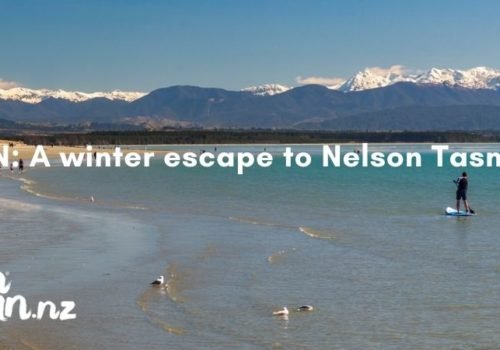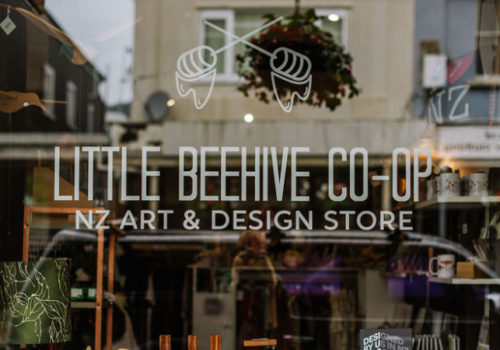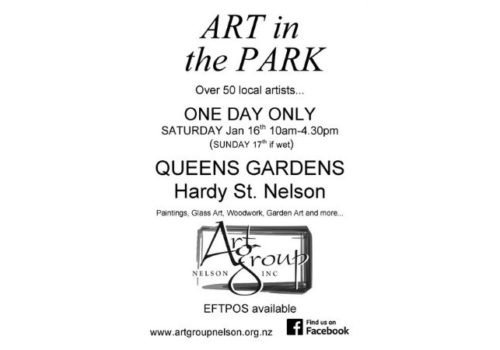BE IN TO WIN A WINTER ESCAPE TO NELSON TASMAN
WIN: A winter escape to Nelson Tasman With a vibrant winter events calendar, cool clear sky days and an exceptional dining scene, winter is an exciting time to experience…
Add a pop of colour to your lingerie collection: Little Boutique
Add a pop of colour to your lingerie collection with this beautiful set. Start your weekend in style with this gorgeous Freya Lace Bra set ⭐️ Instore Now! We…
With the weather getting a wee bit cooler treat yourself to a wonderful spa bath unit night snuggled up at Palazzo
With the weather getting a wee bit cooler treat yourself to a wonderful spa bath unit night snuggled up at Palazzo with a great movie playing on Netflix.…
Get your knit on!
Get your knit on! These cute dishcloth kits from @twilltextiledesign are a great way to start knitting. Perfect for the school holidays too. Some of these beauties made it…
Apply for Conference & Events Administrator
About you: Do you have a passion for not just good but outstanding guest service? Do you want to set your own mark? Are you looking for an immediate…
A Dreamy Bedside at Storey Home Collection
A dreamy bedside?? featuring the Jane Task Sconce from ED Ellen DeGeneres. Elongated arms and soft curves add dimension and drama to each fixture. The retro-inspired Jane collection features…
The main aim of my work : Louise Douglas Jewellery
The starfish represents infinite divine love and holds characteristics such as guidance, vigilance, inspiration, brilliance and intuition. Select our playful and magical mini starfish necklace for the perfect keepsake…
Art in the Park: Art Group Nelson inc
Queens Garden - Art in the Park 16th Jan 2021. Site allocations Map : www.flameart.co.nz/Stand_Allocation_2021.pdf Click here to find out more...









